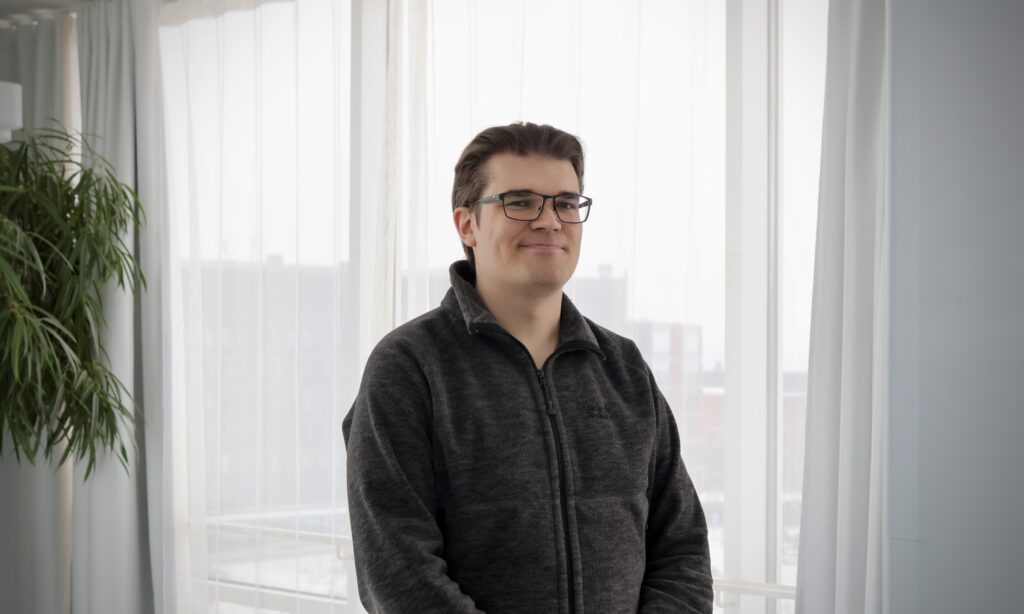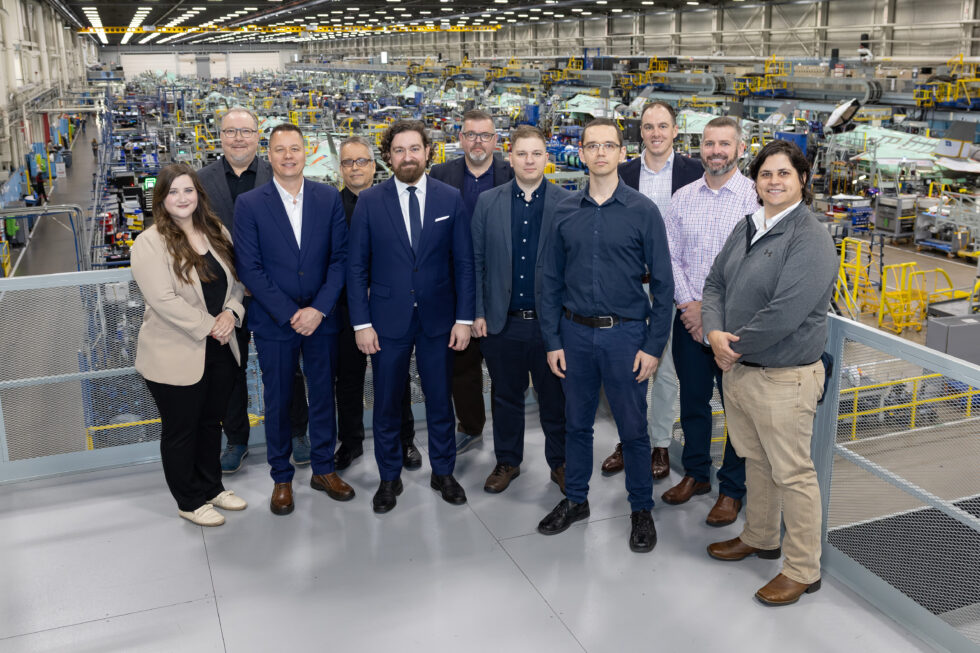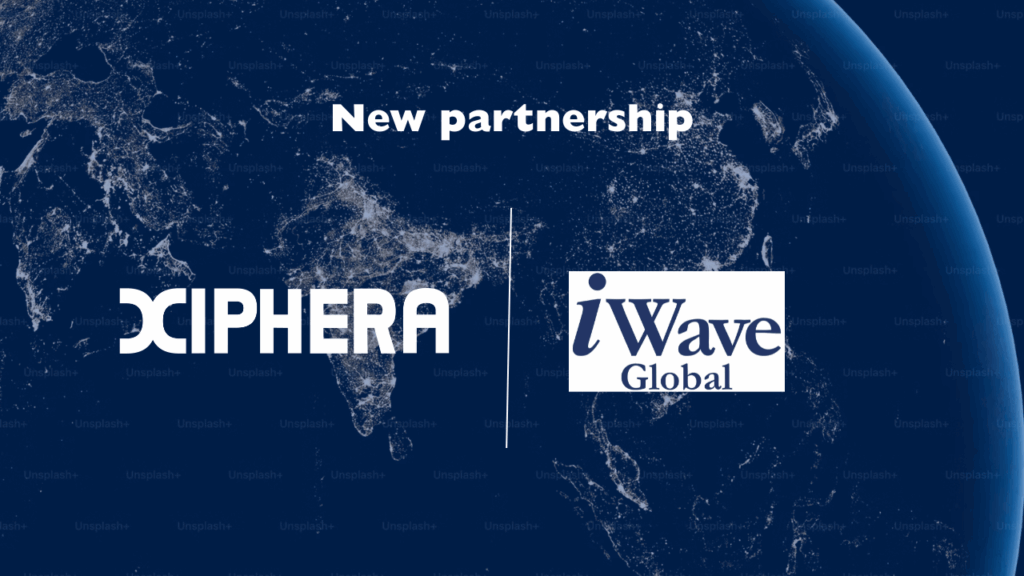The AI-NET project was started with the main goal of developing solutions and enablers for deploying and operating high-performance services at the network edge. The project included three sub-projects across Europe: AI-NET-ANIARA, AI-NET-PROTECT, and AI-NET-ANTILLAS, each with a different geographical reach and focus points. AI-NET and its sub-projects brought together nearly a hundred organisations from seven European countries.
Some impressive numbers, and how the multi-national project impacted both academia and industry, can be observed below. However, for Xiphera as well as other project participants, the total results extend beyond mere numbers.
| Project details | |
| Total budget | 68,4 M€ |
| Countries involved | 7 (GER, FR, FIN, SE, UK, NL, PL) |
| Participants | 92 |
| Academic publications | 316 |
| PhD and master’s theses | 184 |
| New direct employments | 43 |
Frame of reference combinations and design method improvements
Xiphera took part in the ANTILLAS sub-project, focusing on digital transformation acceleration with secure and intelligent network automation. During the project, we were able to expedite and improve design methods leading to shortened design cycles for complex products, while educating our consortium partners with what we know best: how to effectively protect critical systems with hardware-based cryptography. The project offered an excellent platform to discuss with best-in-class specialists over various competences, demonstrating how different frames of references can be combined for successful project results.
Our team achieved e.g., RISC-V security requirement alignments, and optimised implementations of our Extreme-Speed Solutions, reaching up to hundreds of gigabits per second throughput. We also adapted internal practices for future industrial functional standards, for example IEC 62443, for advancing product certification and validation as well as product implementation processes.
An impressive learning point was to observe how IoT devices and computing centres are connected via complex network systems, even when using satellites as data-platforms. This complexity with its key management schemes and various payload vs. physical media transformations demonstrated how Xiphera’s offering of cryptographic IP cores can help protect data at rest and in transit, within any current throughput requirements.
Seamless collaboration throughout industry
Participating in the AI-NET-ANTILLAS project was the first CELTIC-NEXT and Eureka Cluster project for Xiphera, and the team set the internal ambition level high. For ANTILLAS, a wide spectrum of special talents from industry, university, and research organisation partners came together from Finland, Germany and France. In the beginning of the project, the goals for each participant were somewhat distinct from each other. After the project kick-off, the project participants started to collaborate with various topical themes and demonstrators. Over the three years, the collaboration broadened between countries with excellent joint demonstrations, prototype concepts, and academic papers.
The AI-NET project showed what well-functioning, multi-national collaboration can achieve at its best. In total, 92 different entities worked in deep collaboration within the three AI-NET sub-projects, each participant bringing in their own special know-how and collaboration skills.
Seamless collaboration between European universities and companies was a pleasure to observe: “In the end, the technology segment seems to be one big family. The new generations can apply the skills learned in academic world to every-day industry challenges”, says Petri Jehkonen, Xiphera’s Director of Strategic Programs. “We have seen real talents growing from various universities, and I’m delighted that one of these talents chose to complete his master’s thesis at Xiphera.”
Thesis work implemented in real-life product
Henri Tuovinen joined Xiphera’s team in summer of 2022 as a thesis worker. His studies at Aalto University School of Electrical Engineering concluded with his master’s thesis work, focusing on enabling secure remote hardware acceleration in a confidential computing enclave. The target was to host this confidential computing enclave on a shared cloud FPGA with system administrators that do not need to be trusted to guarantee confidentiality. The enclave was a homogeneous one, where the secure domain is entirely implemented on an FPGA without processing confidential data on a CPU. CPUs have known vulnerabilities that can be used to extract secrets even without privileged access, enabling malicious administrators or other users of a shared resource to compromise the confidentiality of the processed data and AI models.
Henri’s thesis consisted of a literature review of the state-of-the-art designs, as well as the planning, design, and implementation of a proof-of-concept confidential computing enclave integrating Xiphera’s TLS 1.3 solution. Building on the results produced in the AI-NET project, Xiphera further developed, productised, and released the nQrux® Confidential Computing Engine (CCE) in the spring of 2024. Henri continued his work in the Xiphera team as a Digital Design Engineer after his graduation.

”Doing my master’s thesis for AI-NET-ANTILLAS program with Xiphera’s assistance was truly fascinating”, Henri reflects. “I am excited about what else we can achieve with our work together, and happy to continue as a member of the Xiphera team after the conclusion of the project and my studies.”
The AI-NET project, and being part of the ANTILLAS sub-project, have proven to be well worth the participation effort for Xiphera. We have been able to improve and update our product portfolio and design philosophies, acquired a valuable new team member, and collaborated with companies, universities, and governmental bodies from all across Europe. Additionally, Xiphera has been able to educate the industry with knowledge on hardware-based cryptography and how to best utilise it for security.
The comprehensive results of the entire AI-NET project and its participating members reach a bigger scale than this. “Projects such as AI-NET and its sub-projects will produce a significant positive impact on building European resilience and sovereignty”, Petri Jehkonen concludes.
For more information about Xiphera’s product portfolio, visit our Product pages.
Interested to join the team? Learn more about our Career opportunities.




